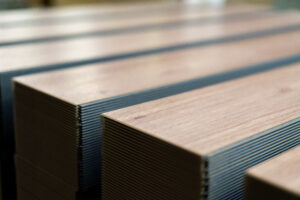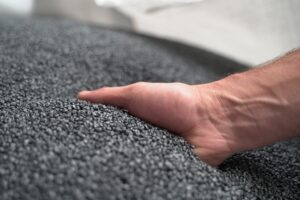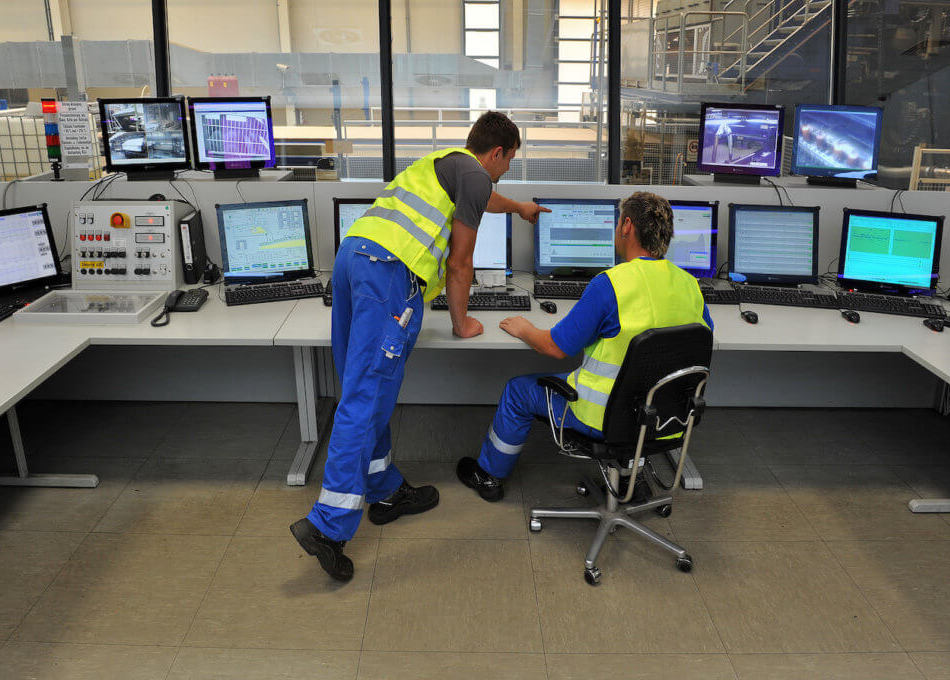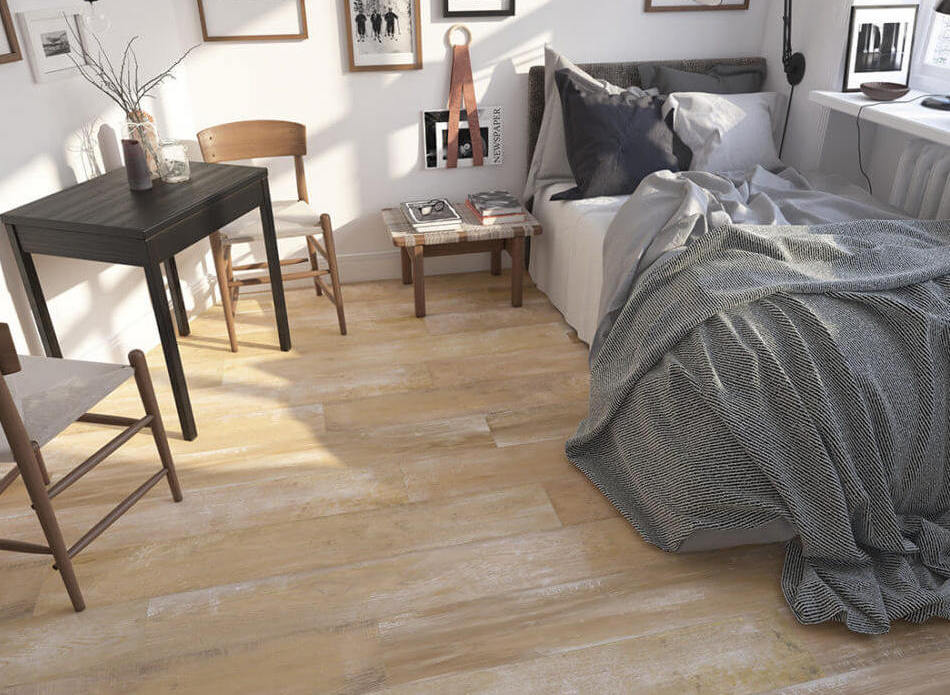Baruth / Mark. The CLASSEN Group, which operates the largest contiguous laminate plant in the world in Baruth, now uses up to 120 million litres of rainwater a year for its production. That is equivalent to the content of 40 Olympic swimming pools. In this way, the company is relieving the municipal water supply in an area of Germany that has been severely affected by drought in recent years.
Rainwater - for example from the roofs of the factory halls - can now be collected on the factory premises. To enable CLASSEN to use rainwater on this scale, the company has invested around two million euros. The existing infiltration basin was replaced by a 17,000 m³ sealed rainwater storage basin, with an additional treatment plant and pump station. Through a new network of pipes, one kilometre long in total, CLASSEN conducts the rainwater it collects itself to its production facilities, where it is used, for example, for washing wood chips and for biological waste gas purification.
In the aeration basin for biological waste gas purification, thermophilic bacteria live in tanks with a capacity of five million litres, which are now fed by rainwater too. The bacteria are able to break down the substances separated from the exhaust air stream of the wood fibre drying process. The addition of oxygen, constant temperature control of the aeration basin, the existing exhaust air temperature and the substances to be degraded create optimal living conditions for the bacteria. With the heat recovery from the exhaust air purification process, around 3,300 tonnes of CO₂ are saved annually.
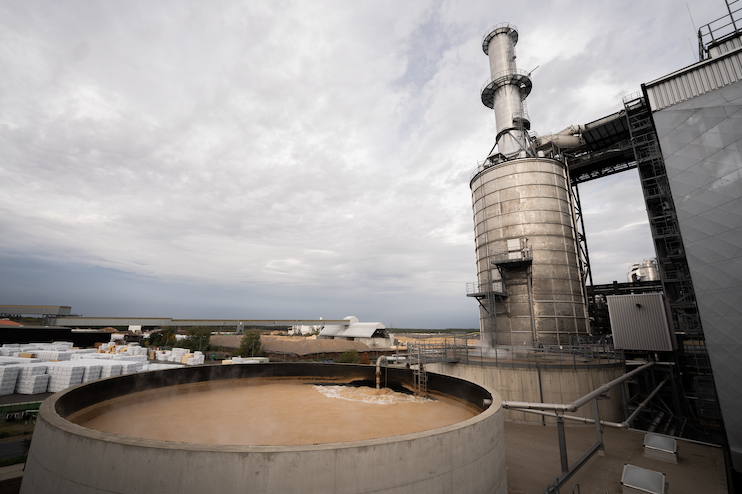
Comprehensive protection for drinking water
Wood basically contains ammonium, which it absorbs from the forest soil for its natural nitrogen nutrition. CLASSEN stores untreated tree trunks on its factory premises for the production of high-density fibreboard. Microorganisms in the wood set a natural decomposition process in motion, so that rain used to flush out the ammonium and this seeped into the soil with it. Due to the many logs in a confined space, the ammonium-containing water reached a high concentration in a well in the town of Baruth via the groundwater. Although all legal limits were complied with, this affected the osmosis system for water treatment.
CLASSEN has taken remedial action here as well. The water from the wood yard is now collected in the new sealed rainwater storage basin and can thus also be reused in production. Another advantage of the sealed rainwater storage basin is that firefighting water can no longer flow into the groundwater in the event of a fire on the site.
Ronny Wendt, head of the project department within Fiberboard GmbH, which manufactures laminate HDF boards at the CLASSEN Group: "Of course, as a manufacturing industrial company, we need water. But we also strive to remain good neighbours here in Baruth, as we have been for more than 20 years. It is therefore a matter of course for us to protect the environment and to use resources such as the water of the Baruther Urstromtal responsibly. This is in line with our corporate philosophy to burden people and the environment as little as possible."
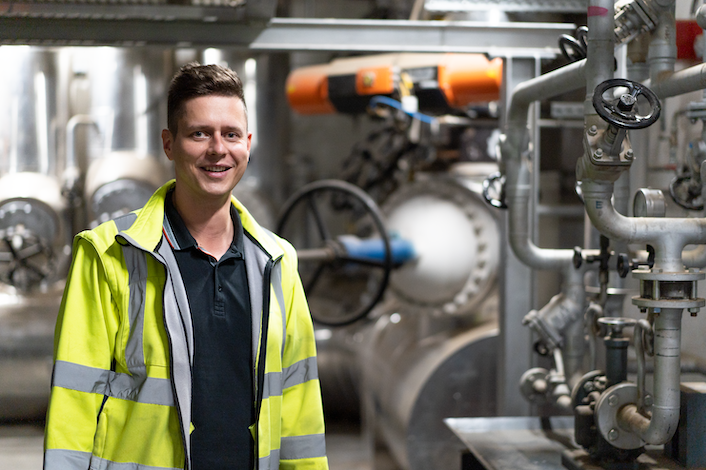
As one of many continuous steps in the area of sustainability, the CLASSEN Group plans to fully commission a new biomass energy plant in Baruth in the coming months, which will further significantly reduce CO₂ emissions and use wood waste to generate heat.
You can find out more about CLASSEN's environmental management here: https://classengroup.com/de/unsere-dna/umwelt/umweltmanagement/
https://classengroup.com/en/2022/04/07/one-kilometre-of-new-pipes-for-two-million-euros-how-classen-supports-the-local-water-supply/Pod tym adresem można pobrać odpowiedni materiał graficzny i swobodnie go używać: Pobierz materiał zdjęciowy

